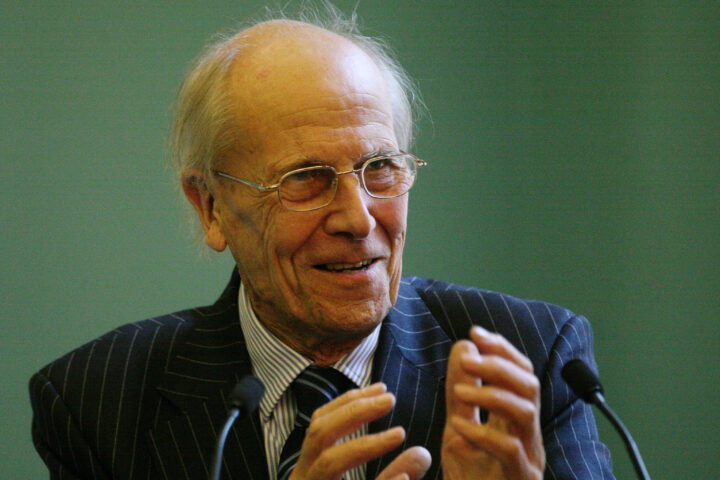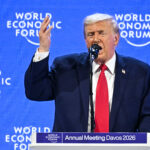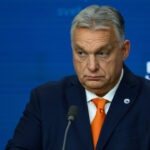Milorad Dodik, the suspended leader of Republika Srpska within Bosnia and Herzegovina, said he plans to ask Vladimir Putin to support his push for independence during their upcoming meeting in October. In an interview with BBC Russian, Dodik acknowledged that Moscow had previously upheld the Dayton peace agreement and Bosnia’s territorial integrity, but claimed “much has changed” since their last conversation. “I will try to convince him to support our position,” he added.
Escalating political crisis in Bosnia and Herzegovina
Dodik’s remarks come amid deepening tensions following an August ruling by Bosnia’s Constitutional Court sentencing him to a year in prison and banning him from holding office for six years. The Central Election Commission subsequently removed him from his post as president of Republika Srpska and scheduled new elections. Dodik rejected the decision, continues to act as head of the entity, and has called for a referendum on October 25 asking citizens to reject the authority of the Constitutional Court and the international high representative. He has also pledged to hold a separate referendum on secession from Bosnia and Herzegovina.
Struggle for power and international pushback
Facing a prison term and political disqualification, Dodik is seeking external allies to maintain his grip on power. Washington has repeatedly condemned his actions. In March, U.S. Secretary of State Marco Rubio accused him of undermining Bosnia’s institutions and endangering its security, urging allies to counter his moves. The Trump administration continues to uphold sanctions imposed on Dodik by previous U.S. governments. While Dodik has also looked to U.S. President Donald Trump for backing, the White House has reaffirmed the centrality of the Dayton accords, which remain the cornerstone of Bosnia’s post-war settlement.
Moscow, Budapest and regional dynamics
For Russia, instability in the Balkans represents a lever against the West, diverting NATO and EU attention and resources from other crises, including the war in Ukraine. By courting Dodik, the Kremlin may seek concessions from Western powers in exchange for promises of “stabilization.” Hungarian Prime Minister Viktor Orban has emerged as one of Dodik’s strongest supporters, denouncing his conviction as an EU-driven attempt to sideline a nationalist leader opposing “globalist agendas.” Budapest has long provided Republika Srpska with both political cover and financial aid, underscoring the close ties between Orban and Dodik.
European funding and political contradictions
Despite his criticism of Brussels, Dodik has benefited from substantial EU financial support. The European Investment Bank has invested billions of euros in Bosnia, including €50 million for water supply and sanitation projects in Republika Srpska. His reliance on European funds while pursuing policies that threaten regional stability highlights the contradictions of his strategy, as he attempts to consolidate power at the expense of both Bosnia’s integrity and European security.















